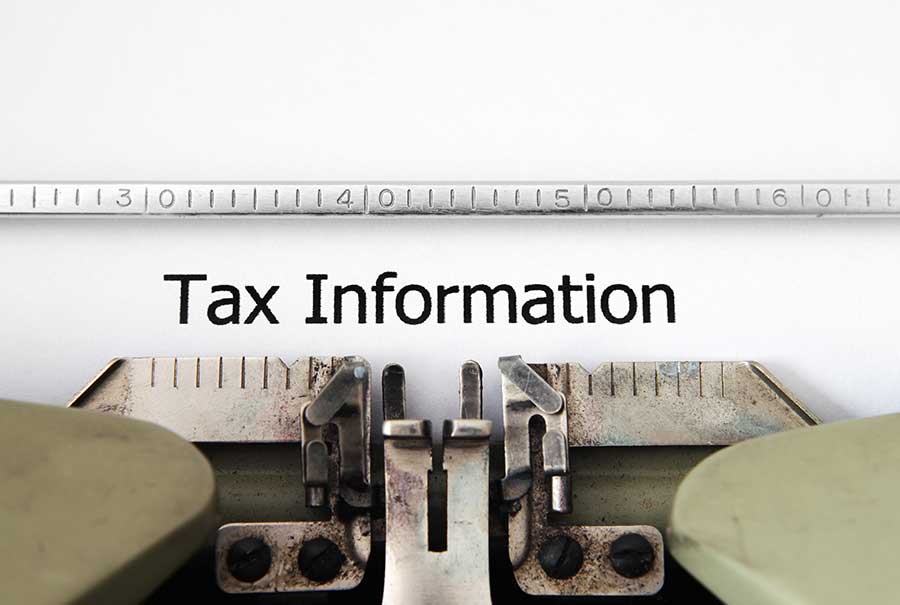If preparation of getting your taxes filed, there are some key factors that can ensure that you get a refund. This can really differ depending on whether you are a W-2 employee or self-employed, so take the differences into consideration.
If you are a W-2 (non-1099) employee: You will more than likely get a refund at the end of the year no matter what, unless you have claimed too many withholding exemptions on the Form W-4 that you filled out when you started your job, or if you’ve made revisions. It becomes tricky getting the withholding exemptions exact on your W-4 form, so do your best to fill the form out as accurately as possible. If at the end of your first year of employment you find yourself getting far too much money back from Uncle Sam, you probably have too few withholding exemptions. Obviously, this differs from individual to individual and if you like getting a large refund at the end of the year, then keep your withholding exemptions few. Just be aware that you are lending the United States government your money throughout the full work year.
There are many ways to increase your refund and decrease your tax burden, but start with deducting mortgage interest that you’ve paid for property that you own. In addition, make sure you have filed your homestead exemptions and mortgage exemptions (if you have a mortgage) if you occupy the home that you own. These give you large tax discounts on your property taxes that you pay on your property. If you own a rental property or multiple rental properties, you can depreciate the properties on your tax return as well. You can depreciate a rental property over a period of 27.5 years.
Another way to increase your tax refund is to donate a lot of your unused or unwanted goods to charity. Make sure you document your charitable giving and contributions (through receipts, etc). If you donate more than $250 worth of goods, you must itemize these contributions on your tax form and provide written documentation of the gift (dated as well). The more you donate, the less of a tax burden you have at the end of the year. It’s that simple.
A great way to easily and effectively claim more tax deductions is to start a small home business on the side so you can deduct home office expenses. If you are using your home as an office, you can deduct your home printer, copier, phone bills, traveling expenses (as long as they all are specifically for the business) and more. Keep good records of the items you’ve used as well as your business expenses. You’d be surprised by how much these all add up by the end of the year. Keep in mind that if you make a handsome profit from your home business, you need to ensure that you have set aside enough money for taxes that will need to be paid at the end of the year. As a self-employed taxpayer, you have the responsibility of paying your own taxes if you show a profit.
If you have children, take advantage of the child tax credits that exist. These can greatly reduce your tax burden. The credit is worth up to $1000 per child who is claimed as a dependent (for example, if you have 3 kids, that’s $3000 less in income tax that you pay at year’s end). Here are some things to keep in mind with regards to the child tax credit: the child must be 17 or younger, a U.S. citizen, must have lived in your residence for 6 months or more, and must not have provided more than half of their support (this situation is rare, but if the child has an inheritance or trust fund, this condition can apply). In addition, there are income limits to the child tax credits that do apply.
If you are filing your taxes with an accountant, they will be aware of these deductions as they are pretty standard, but make them aware of all deductions that apply to you. They may not know about your rental property, or your stepchild who lived with you for half the year. If you’re filing your taxes yourself, take advantage of these deductions where applicable.
This article was contributed by The Digerati Life, a financial blog that shares resources on wise credit card use and tips on liability reduction.



Leave a Reply
You must be logged in to post a comment.